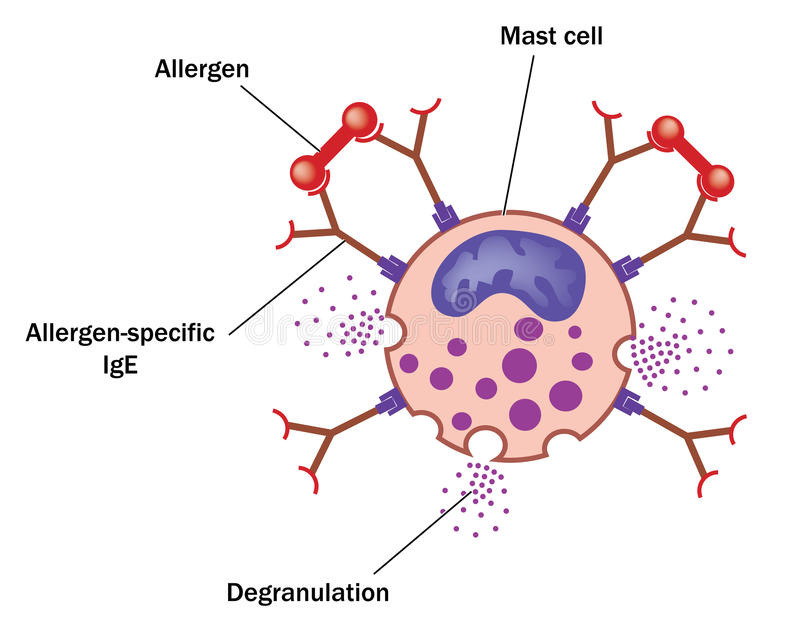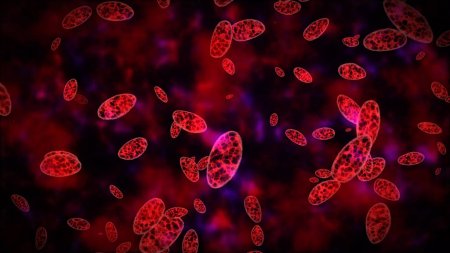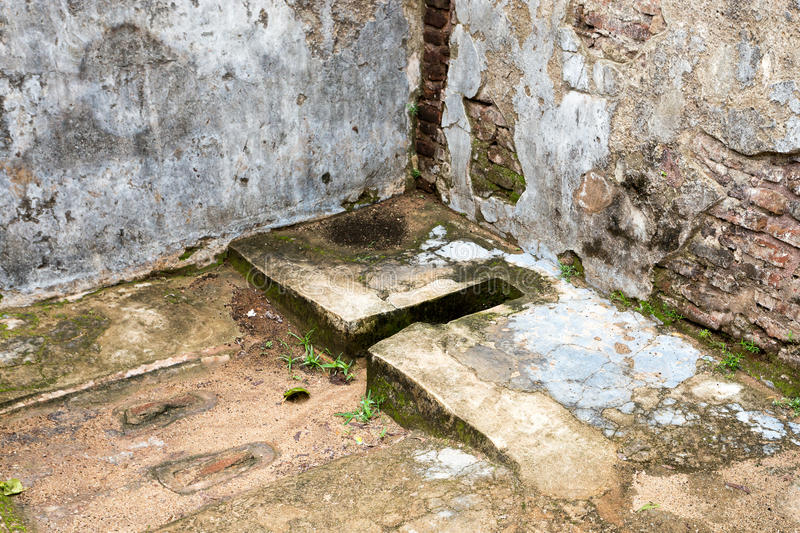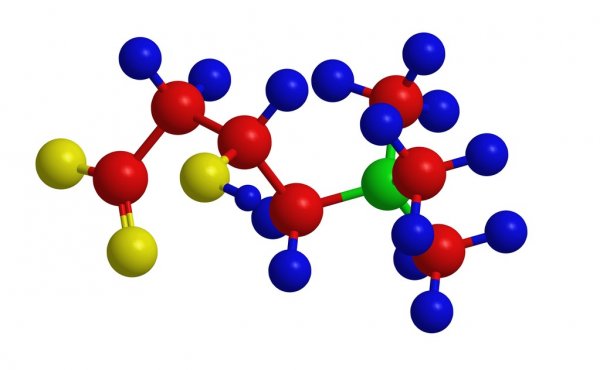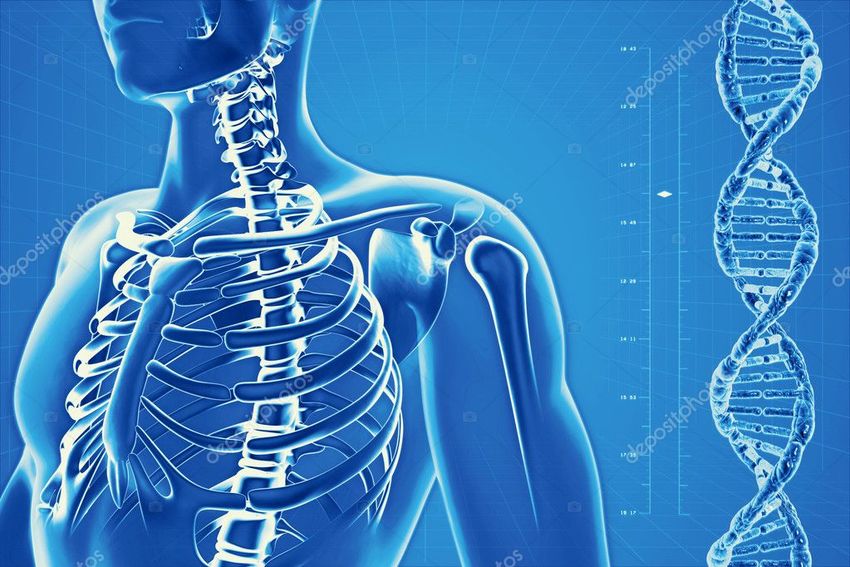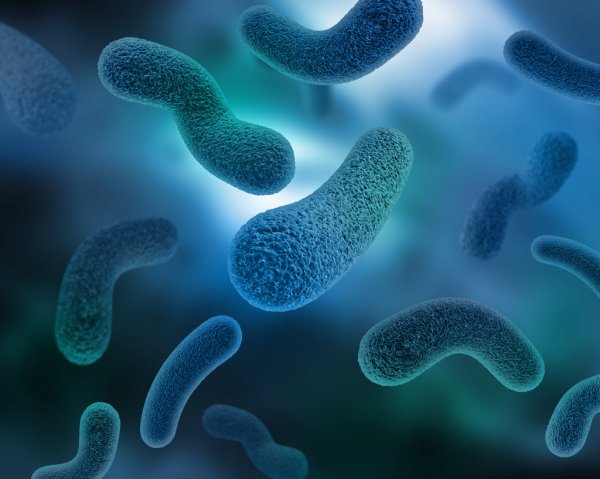Possible link between food allergies and gut microbiome; 腸内細菌叢とアレルギーと可能な関連
Nov
12
Dr. Nagler found that by feeding collagen to allergic mice using a tube that reached down into their stomachs, to their gut microbiome, resulted in the mice getting better. Something a mouse is normally allergic to turns into something harmless if introduced directly into the gut. This led Nagler to believe allergic reactions can be due to imbalances in the community of beneficial bacteria, or microbiome, that lives in our guts.
Further testing proved to be fruitful. When Nagler and her team introduced healthy gut microbiome from healthy non-allergenic mice, the allergic mice got better.
https://geneticliteracyproject.org/2020/09/14/do-you-have-food-allergies-manipulating-the-gut-microbiome-might-treat-them/
See related article on gut microbiome and allergies:
https://en.bloguru.com/healthtech/383293/study-gut-bacteria-to-reduce-allergies
JAPANESE VERSION: 内細菌叢とアレルギーと可能な関連
遺伝的識字プロジェクト(Genetic Literacy Project) によって2020年9月14日に報告された最近の研究によると、シカゴ大学の免疫学者Dr. Cathryn Naglerは、健康でアレルギーのない人間の赤ちゃんの腸内細菌叢を与えるとマウスの重度のアレルギー反応を予防する。
Dr. Cathryn Naglerは、胃や腸内細菌叢に届くチューブを使用してアレルギーマウスにコラーゲンを供給することにより、マウスが良くなることを発見しました。マウスの腸に直接導入された場合、通常はアレルギーになるものが無害なものに変わります。これにより、Naglerは、アレルギー反応は、腸内に生息する有益な細菌またはマイクロバイオームのコミュニティの不均衡が原因である可能性があると考えました。
それ以上のテストは実り多いことが証明されました。Naglerと彼女のチームが健康な非アレルギー性マウスの健康な腸内細菌叢を導入したら、アレルギー性マウスは良くなりました。


